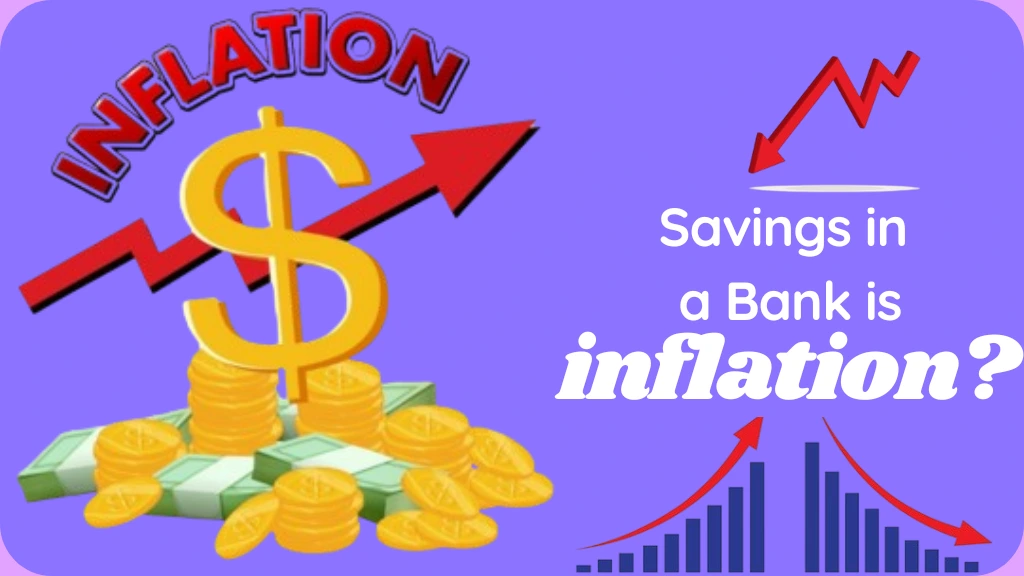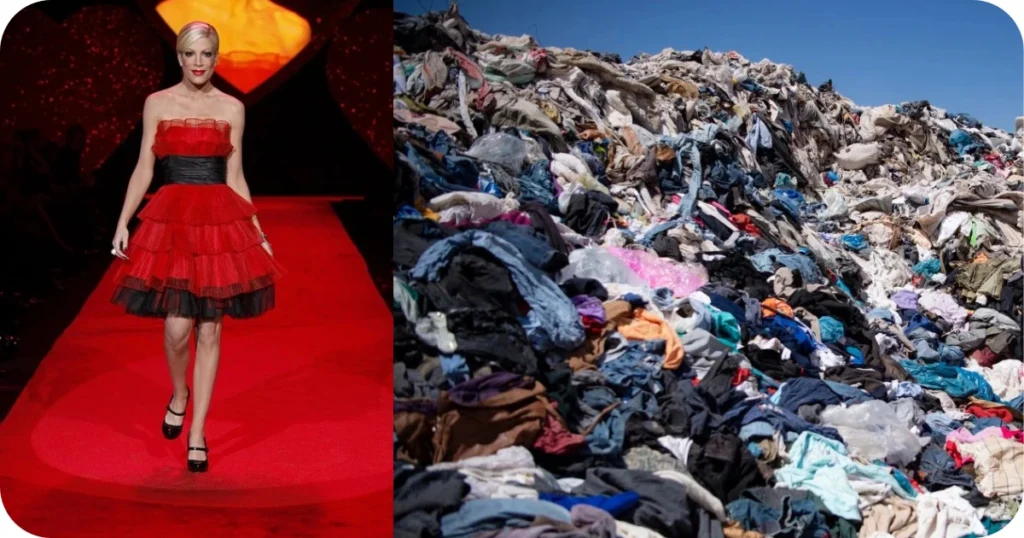Is keeping money in a bank inflation? Is Bank a Silent Thief?
Contents
Friends, most of us deposit money in our bank accounts because we believe that they are safe. I used to believe that this money would make us kings, but now I believe that this money, which I kept in the bank, will make us poor.
In this growing new era of human life, financial security is the first priority. Keeping money in the bank is the most reliable and safest place we have decided in our minds, but is it really safe to keep our hard-earned money in the bank?
How Your Savings Lose Value Every Year
The cash lying in your bank account for a long time will slowly decrease due to inflation; this is why the bank is a silent thief.
Saving money in the bank is not always a good and wise decision; rather, look for a better option to increase your wealth.
It will disappear. But let’s look at the last 100 years. Average inflation is 3.1%. What does that mean? It means that every year our money disappears by 3.1%. This is called inflation.
Year after year, the price of goods and items used in our daily lives increases. As inflation increases, the value of money decreases.
Although you get interest on the money deposited in your savings bank account, the interest you get from the bank is always less due to inflation. This means that the real value of your savings is silently decreasing.
Understanding Inflation: The Silent Wealth Killer
Inflation: Now let’s understand inflation. If just 3.1% growth disappears every year, in 24 years alone your money will lose value like this, and your purchasing power will reduce by 50%.
The value of your money will halve, which means everything else will become twice as expensive. For example, today, with your cash in the bank, you can buy a car.
But after 24 years, you will only be able to buy a bicycle with it, and you haven’t done anything wrong. You have just kept your money deposited in the bank. That’s the Silent Thief.

Most of the people who are afraid of investing and have no idea how to manage their money think that keeping money in the bank is the safest way, and we get interest from it.
The Illusion of Bank Interest vs. Inflation Reality
I just want to give a simple example. Yes, it is safe, but if the bank gives 3% interest annually and the inflation rate is 6% in a year, then your money is not growing, so you are losing 3% of your money every year.
There is a difference of 3% between the interest you get from the bank and inflation, and this is a silent thief.
Friends, we spend a lot of our time getting a job and earning money, but learning how to manage money is very important. If you think about it, we should spend some part of our time actually managing money, in order to build wealth over time.
I know that whoever is reading this article, even his friends, relatives, siblings keep their salary in cash in the bank, and some of them have lakhs of rupees in cash in the bank. And this is a sad thing.
It is okay to keep some of your money in a bank account for emergency purposes, but instead of keeping your money in the bank for the long term, it is better to invest in many things like land/real estate, the stock market, mutual funds, and gold. Actually, inflation is a silent thief that slowly reduces your savings amount.
Where to invest instead of keeping money in the bank?
You have to learn to invest and invest your money; that’s it, there is no need to be sad. The solution to inflation is to invest in a good place. I know it sounds scary. Compound interest, investing, stock market. But let’s look at the data.
If you look at the data from 1957 till now, you will know the power of compound interest, stocks, and investing. And this is true if you take the US stock market or the S&P 500, which basically represents the biggest companies in America.
The S&P 500 had an average annual gain of 10%. What does this mean? This means that despite the Vietnam War, despite the financial crisis of 2008, despite the COVID-19 pandemic, the US stock market grew by an average of 10% every year. This small 10% can make a huge difference to your money.

Look at this picture: how the cash lying in the bank goes down and how the invested cash goes up
Click to read more interesting information.




